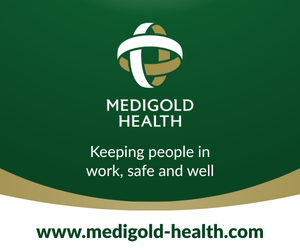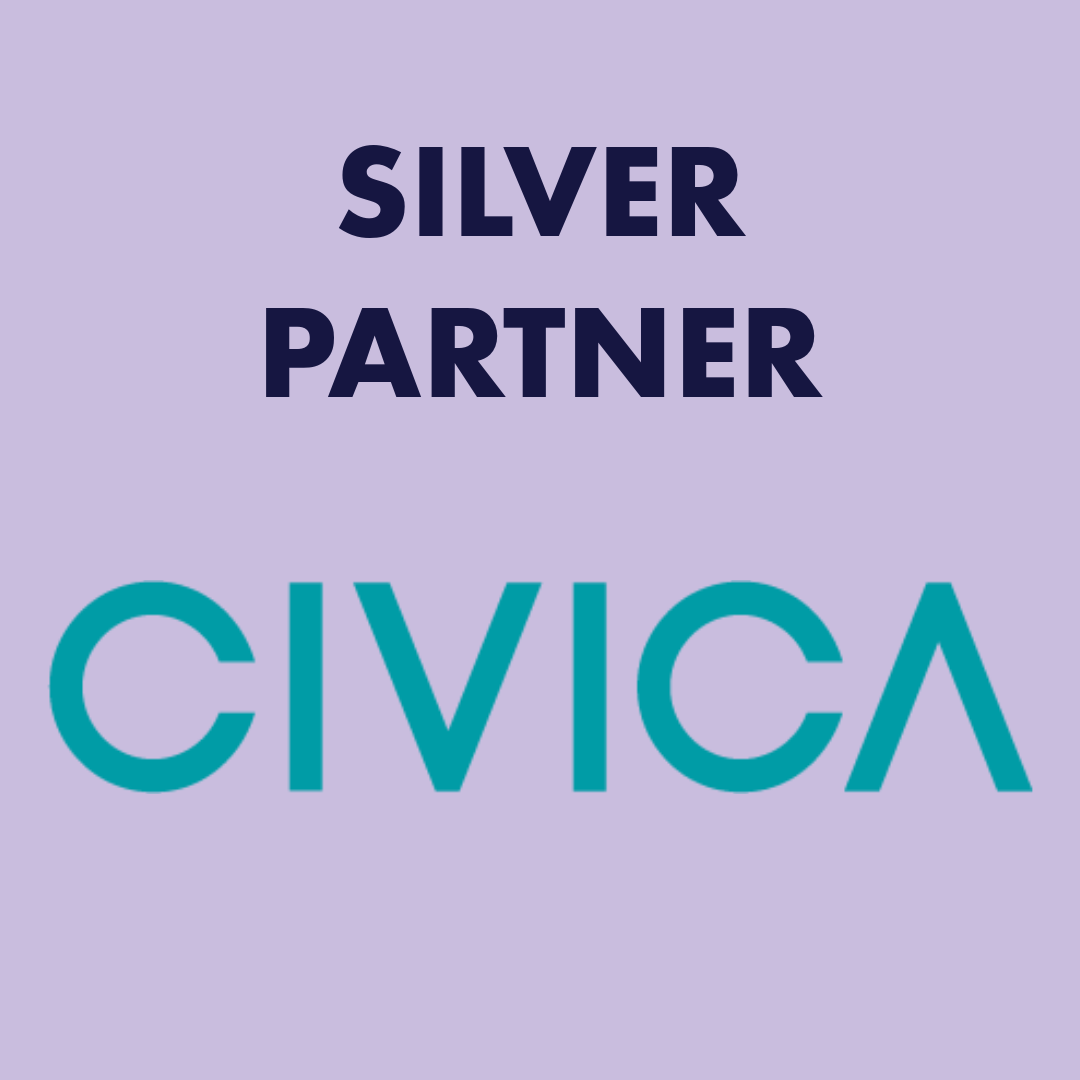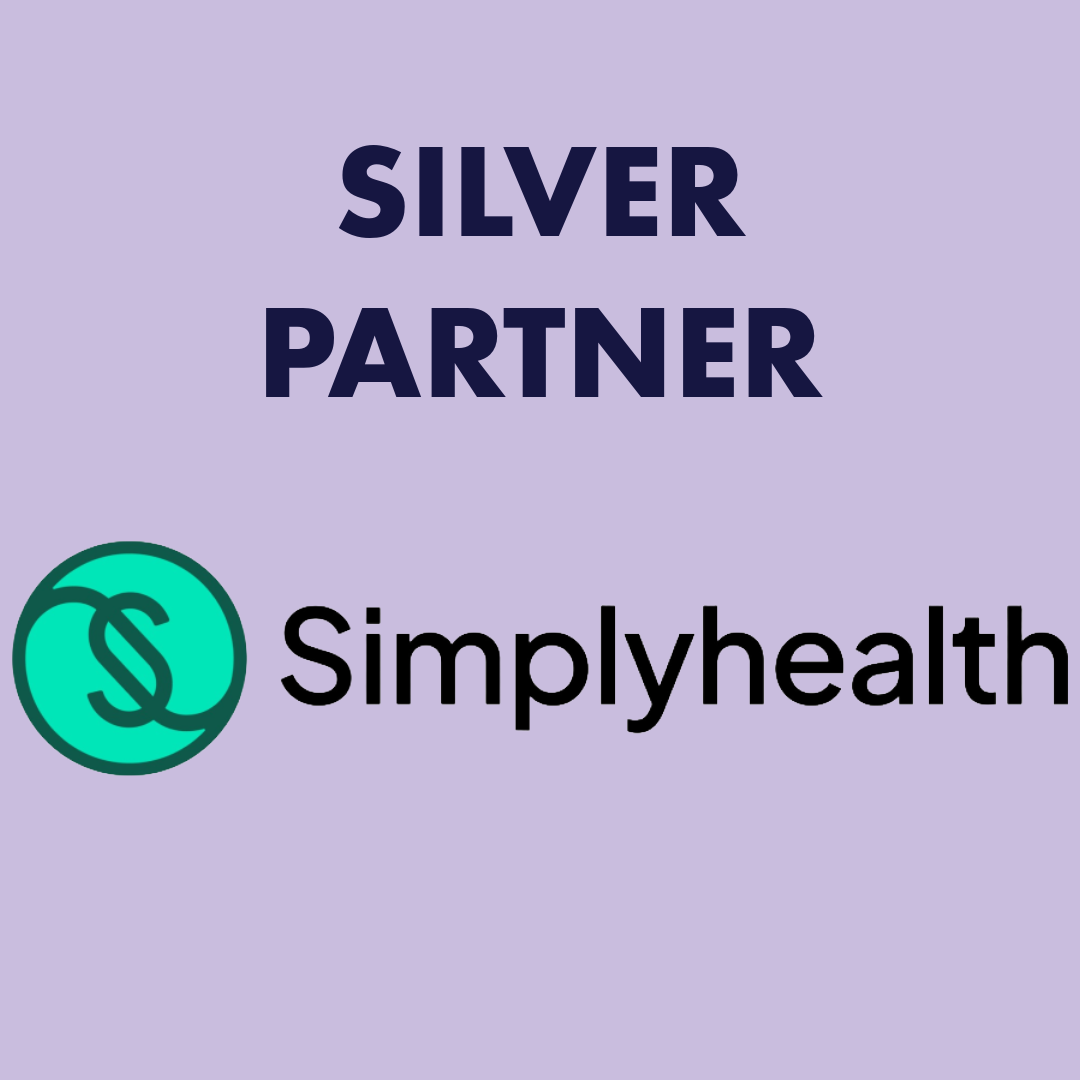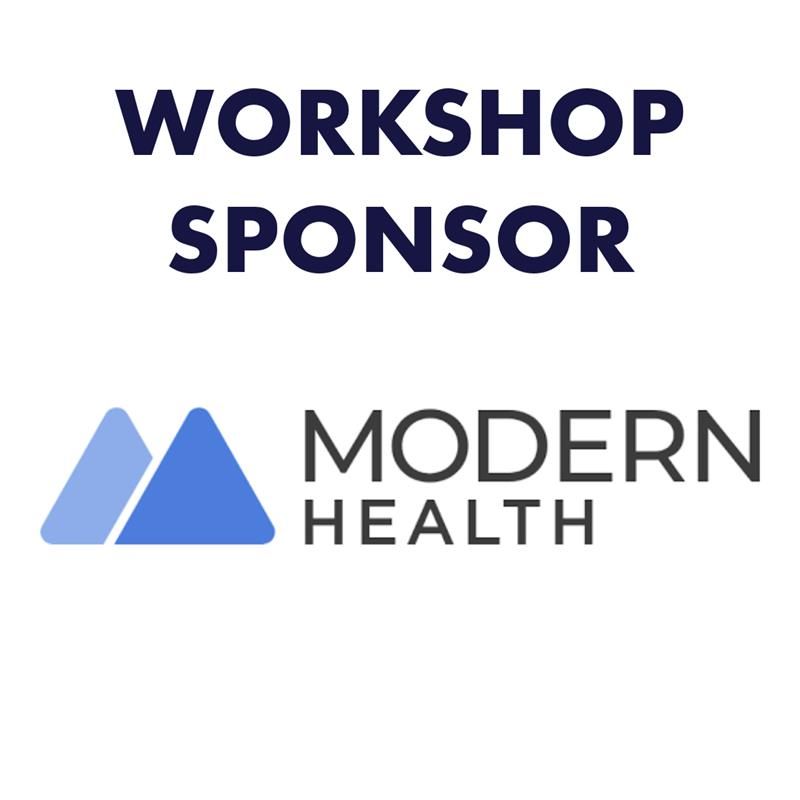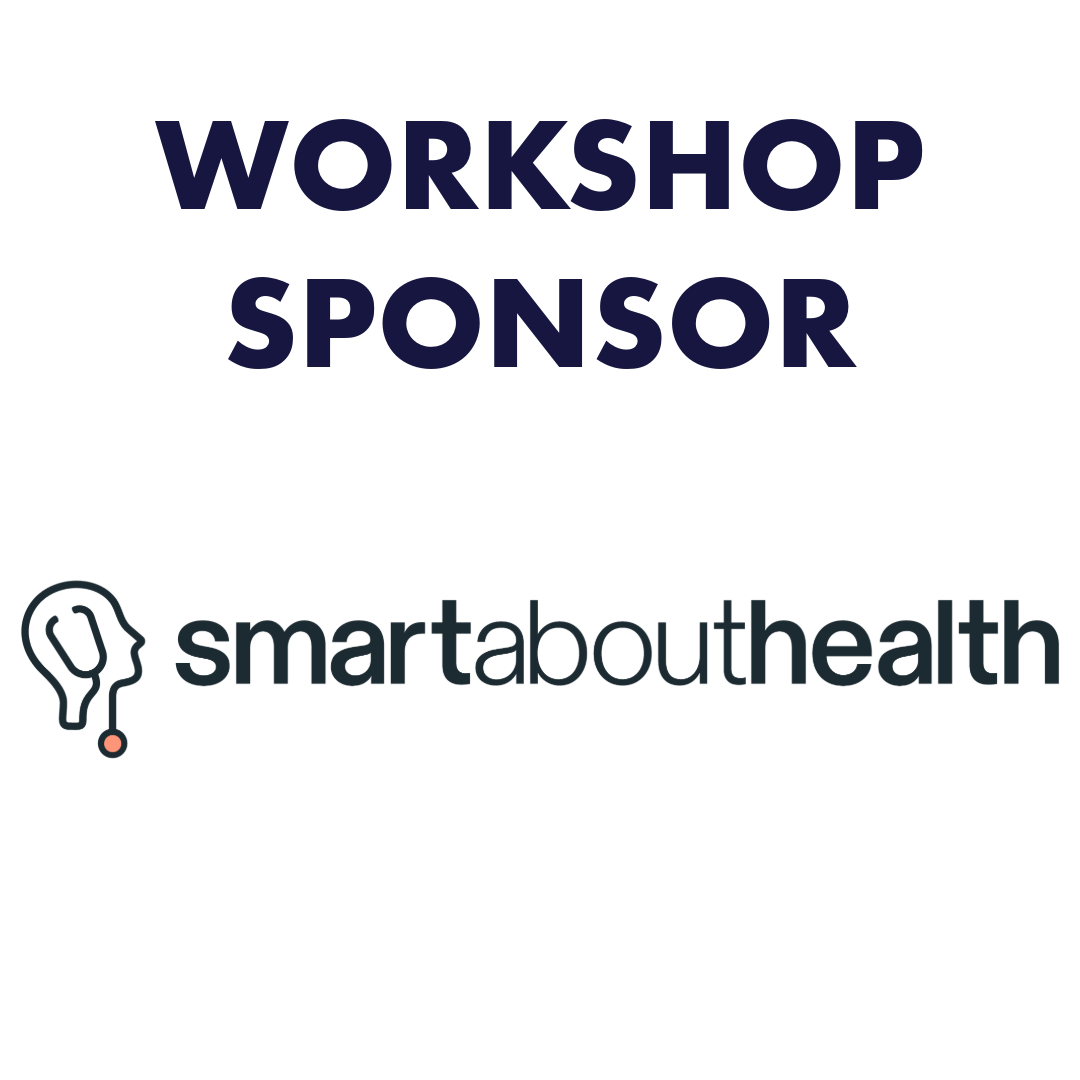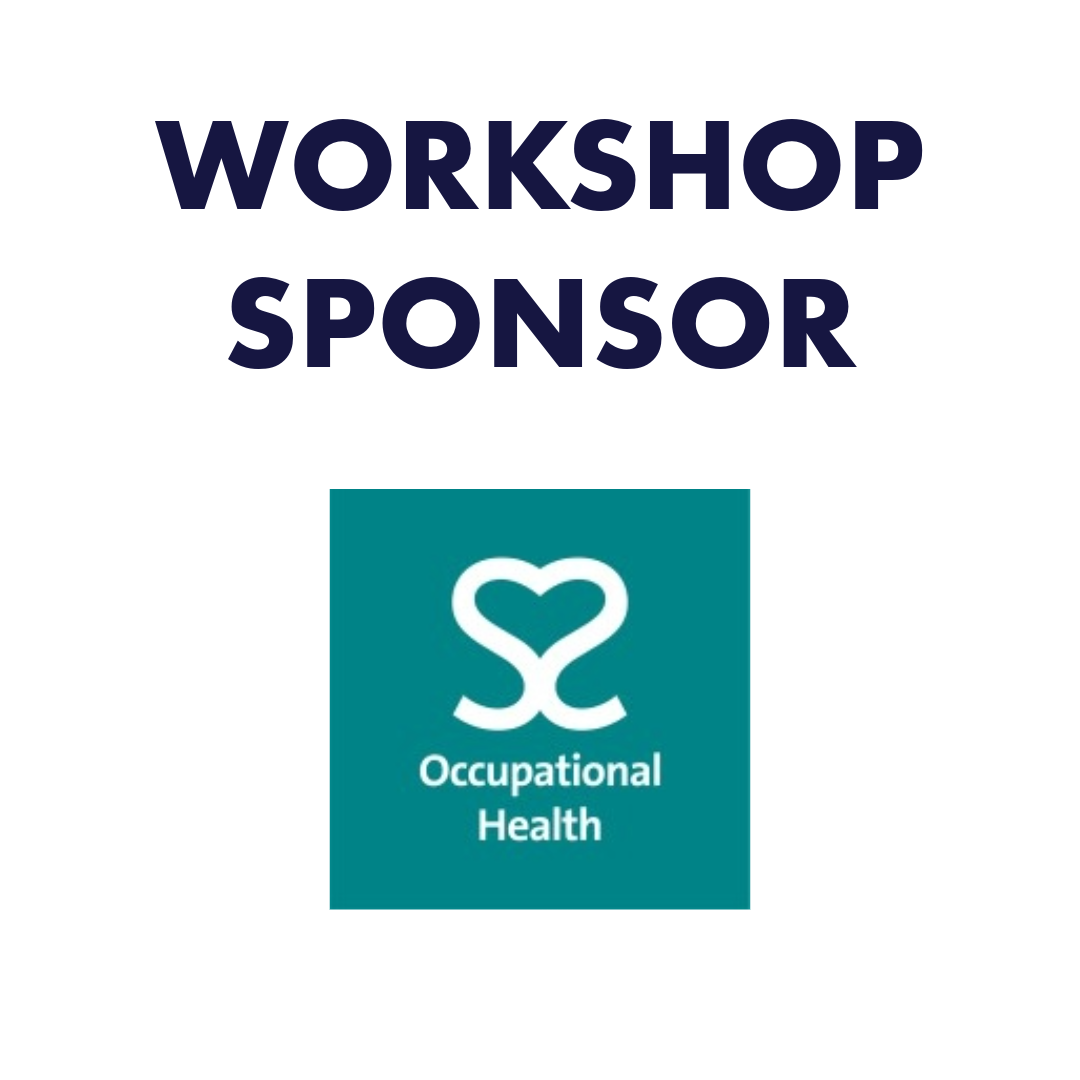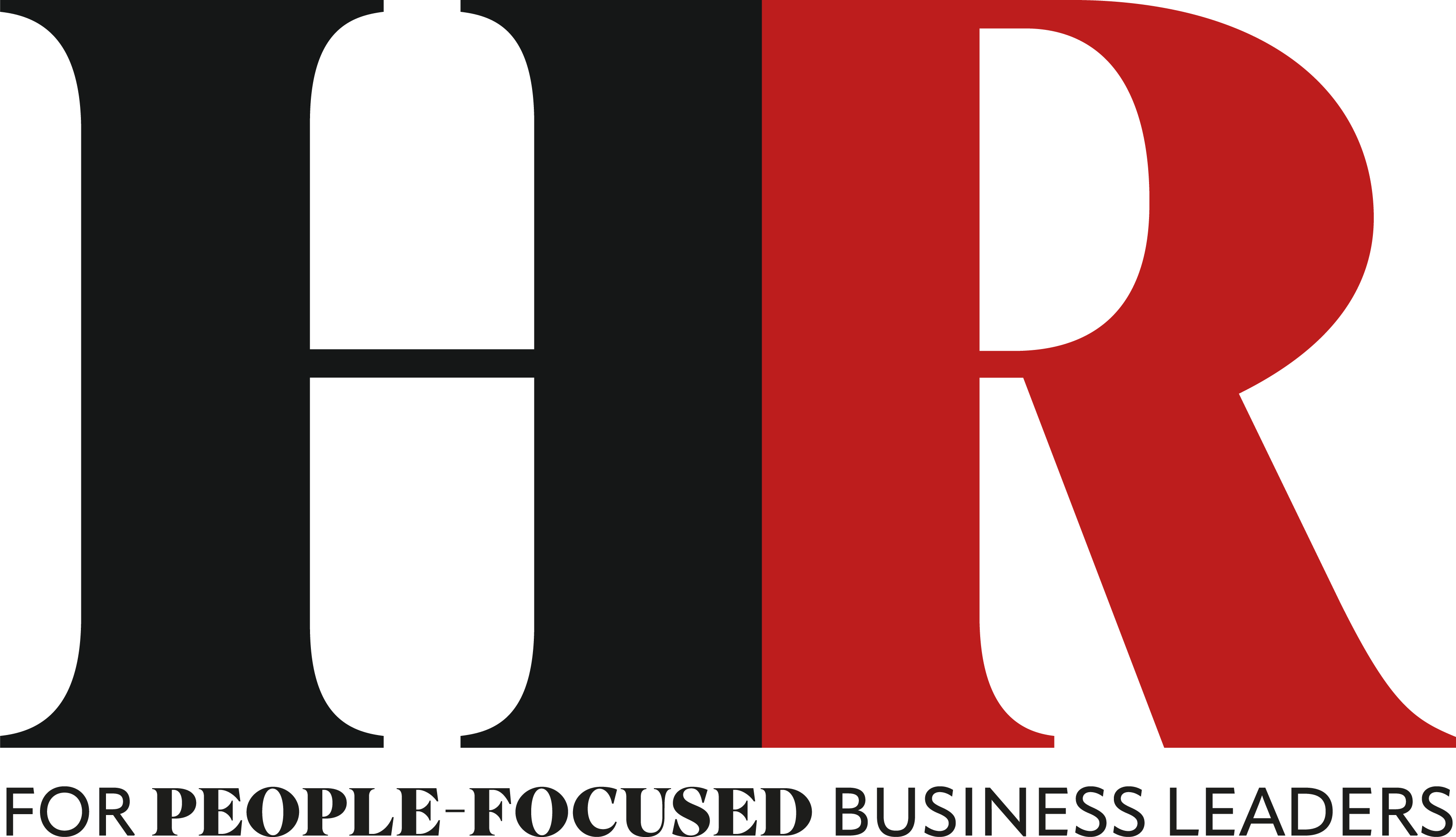So, You’ve Done Menopause. What Next?
)
First off, congratulations! You’ve unlocked the coveted “Menopause Certification” – a gold star for your workplace! You’ve cracked open the door on a topic that was once whispered in hushed tones or swept under the office rug. But now that you’ve nailed menopause, there’s one teeny-tiny question hanging in the air: what about everyone else?
Because here’s the kicker: menopause is just one slice of the women’s health pie.
Beyond Menopause: What's the Big Picture?
Okay, let’s talk about the real elephant in the room. Hyper-focusing on menopause? Great for some. But for others? Not so much. There’s a whole world of other health issues that get sidelined – and yes, it might ruffle some feathers (we’ve got the messages to prove it). Think Premenstrual Dysphoric Disorder (PMDD), endometriosis, Polycystic Ovary Syndrome (PCOS) – the list goes on. And those women? They’re sitting there wondering, “If there’s room for menopause in the workplace, why not us?”
The 75% You Might Be Missing
Here’s a fun fact: menopause typically strikes in the late 40s and 50s, affecting about 25% of the female workforce. But - what about the other 75%? That’s a whole lot of women navigating completely different health challenges, from the mind-boggling pain of endometriosis to the emotional rollercoaster of PMDD. While you’re celebrating your Menopause Inclusive status (well done, by the way!), these women are toughing it out in silence, battling fatigue, hormonal chaos, and everything in between.
Only 12% of organisations support menstrual health[1]. It’s no surprise, then, that absenteeism from severe period pain, endometriosis, fibroids, and ovarian cysts costs the UK economy nearly £11 billion annually [2]
So, is that accreditation really enough?
The Real Win: Going Beyond the Badge
Let’s be clear: being a menopause-accredited workplace is awesome. You’ve done good. But why stop there? Imagine the impact of broadening your health support to cover conditions like PMDD, endometriosis and PCOS.
We’re not talking about just ticking boxes here – we’re talking about a full-blown transformation. A workplace where everyone feels seen, heard, and supported, no matter where they are on their health journey. And guess what? That’s when the magic happens – less sick leave, higher retention, more loyalty, and teams that are ready to crush it.
Practical Next Steps: It’s Time to Level Up
Feeling inspired? Here’s how you can turn that spark into action:
- Ask, Listen, and Learn
Want to know what your female workforce really needs? Ask them. Use surveys or confidential focus groups to uncover the truth. - Create a Holistic Women’s Health Strategy
Don’t stop at menopause. Appoint health champions who can address all aspects of women’s health – from periods to mental health struggles tied to hormonal changes. - Run Awareness Campaigns (And Make Them Fun!)
Host workshops or webinars on a range of women’s health topics - not just menopause. But don’t just tick this off your to-do list once – keep the conversation rolling all year round! - Review Your Policies with a Wider Lens
Flexible working for menopause is great. But how about for women who are battling endometriosis or dealing with PMDD? Make sure your policies cover everyone. - Open the Conversation
Talking about periods at work might feel weird at first, but once you normalise it, you’ll be amazed at the positive shift in your workplace culture. Empower women to speak up about their health.
So, What’s Next?
The answer’s easy: do more. As you gear up for 2025, ask yourself: Is your company ready to support all the women in your workforce? We’re here to help you take that next step – let’s build a plan that goes beyond just one stage of life. Because if you thought the menopause conversation was revolutionary, just wait until you tackle the rest.
[1] CIPD, Menstruation and Support at Work, 2023 https://www.cipd.org/uk/knowledge/reports/menstruation-support-at-work/
[2] NHS, Women's health economics: investing in the 51 per cent, 2024 https://www.nhsconfed.org/publications/womens-health-economics


